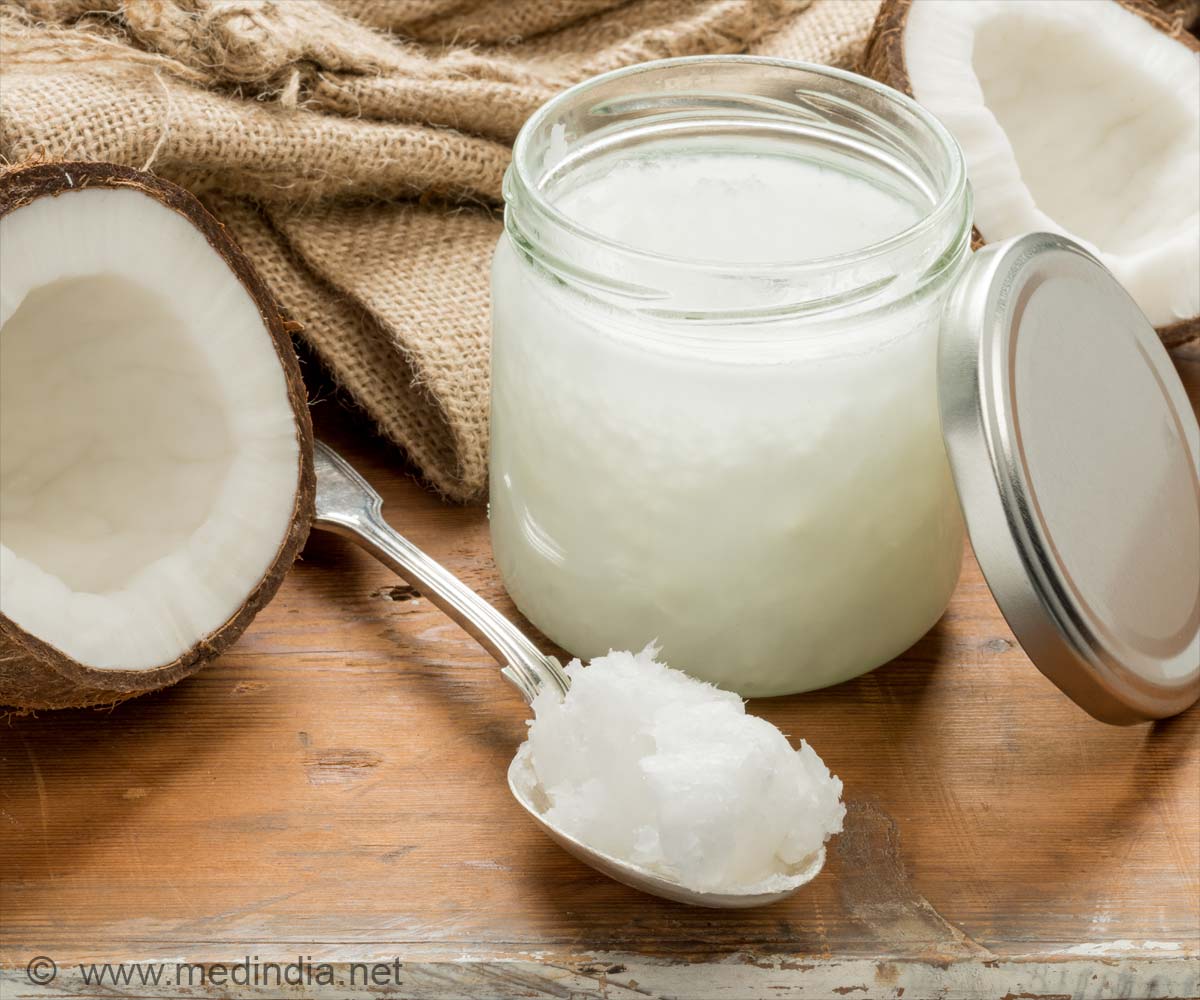Unrefined coconut oil is your best bet for oil pulling. It’s packed with antibacterial properties to improve your oral health!

- Oil pulling with coconut oil may whiten teeth and improve oral health
- Coconut oil’s antimicrobial properties help to reduce bacteria in the mouth
- Coconut oil contains saturated fatty acid which when swallowed in small volume can increase cholesterol levels
Does Coconut Oil Whiten Yellow Teeth?
Go to source). It originated in ayurvedic medicine 3,000 to 5,000 years ago. It was used for physical and holistic benefits including aligning doshas (bodily energies that determine a person’s well-being).
Coconut oil has gained popularity in oil-pulling as it whitens teeth and improves oral hygiene. Many users report benefits such as improved oral health, fresh breath and noticeably whiter teeth. It is often chosen for oil pulling due to its mild flavor and antibacterial properties.
Coconut oil is more than just a kitchen staple—its antimicrobial properties may help keep your mouth cleaner and fresher! #oilpulling #dentalcare #medindia’
Types of Coconut Oil to Use
Coconut oil is mild and pleasant in taste and it is generally safe when applied on the skin and consumed in small doses on a short-term basis. There are two main types of coconut oil: refined and unrefined oil.Unrefined coconut oil also called virgin or cold-pressed is a better choice for oil pulling. Unrefined oil is not processed as refined oil and it contains higher levels of antimicrobial and anti-inflammatory compounds. Refined oil may contain chemical solvents which are not suitable for ingestion.
How to do Oil Pulling with Coconut Oil
- Take 1 tablespoon of coconut oil. If the oil is solid, it will melt in the mouth after a few seconds, as coconut oil has a low melting point.
- Put the coconut oil in the mouth and swish it around for about 10–20 minutes. Move the oil through the teeth and around the gums. Make sure the oil coats all areas of the mouth.
- Avoid swallowing the oil, as it may contain bacteria and toxins that the oil is pulling out of the mouth.
- If it is difficult to maintain the full 20-minute session, start with 5 to 10 minutes. Gradually increase the time as you get used to the practice.
- After swishing, spit the oil into a wastebasket rather than sink, because it can solidify and clog pipes. The oil should have a thinner consistency after swishing.
- Rinse the mouth thoroughly with warm water to remove any remaining oil.
- After rinsing, brush your teeth as you normally do with toothpaste. This helps to eliminate any leftovers and ensure the mouth is clean.
How Coconut Oil Works
Coconut oil contains medium-chain fatty acids, including lauric acid, which have antimicrobial properties that may help reduce bacteria in the mouth. Swishing coconut oil around the teeth can loosen and remove plaque and other debris.Since plaque is a major cause of tooth discoloration, its removal could theoretically lead to a brighter appearance. However, this process does not directly whiten teeth; instead, it may help maintain a cleaner, healthier mouth that is less likely to stain.
Oil pulling with coconut oil is safe for most people, but there are risks. Coconut oil contains saturated fats which when ingested in small volume can increase cholesterol levels. So, it is better to avoid swallowing swished oil even in small amounts.
Tooth Whitening Alternatives
Professional Treatments
In-office whitening treatments and custom at-home kits provided by dentists are effective and scientifically supported methods for whitening teeth. These treatments typically use stronger bleaching agents like hydrogen peroxide, which can give noticeable results.
Over-the-Counter Products
Many over-the-counter whitening products, such as toothpaste, gels, and strips, use mild abrasives or peroxide-based ingredients to whiten teeth. These options are generally safe when used as directed, though they may not produce results seen in professional treatments.
At-Home Remedies
Some at-home remedies, such as using baking soda, lemon juice, or activated charcoal, are often marketed as natural teeth whiteners. While these options can help remove surface stains, their abrasiveness or acidity can damage tooth enamel if used excessively.
Coconut oil pulling improves oral health by reducing bacteria and plaque buildup; however, the evidence supporting its effectiveness as a teeth-whitening treatment is limited.
For those seeking to whiten their teeth, it’s advisable to consider professional whitening treatments or over-the-counter products. Maintaining a consistent oral hygiene routine is essential as well.
Consulting with a dental professional can help identify the safest and most effective whitening options for individual needs.
Reference:
- Does Coconut Oil Whiten Yellow Teeth? - (https://www.verywellhealth.com/does-coconut-oil-whiten-teeth-8683981)
Source-Medindia















